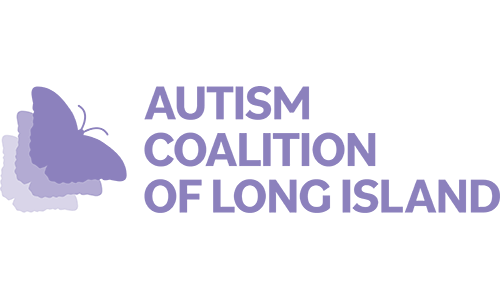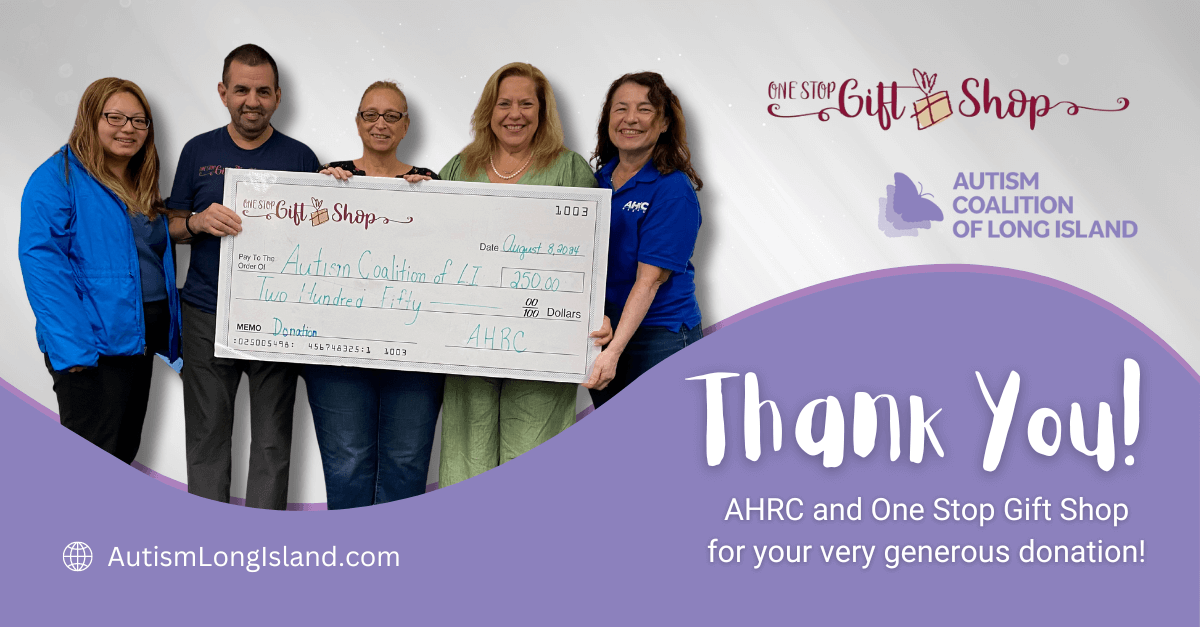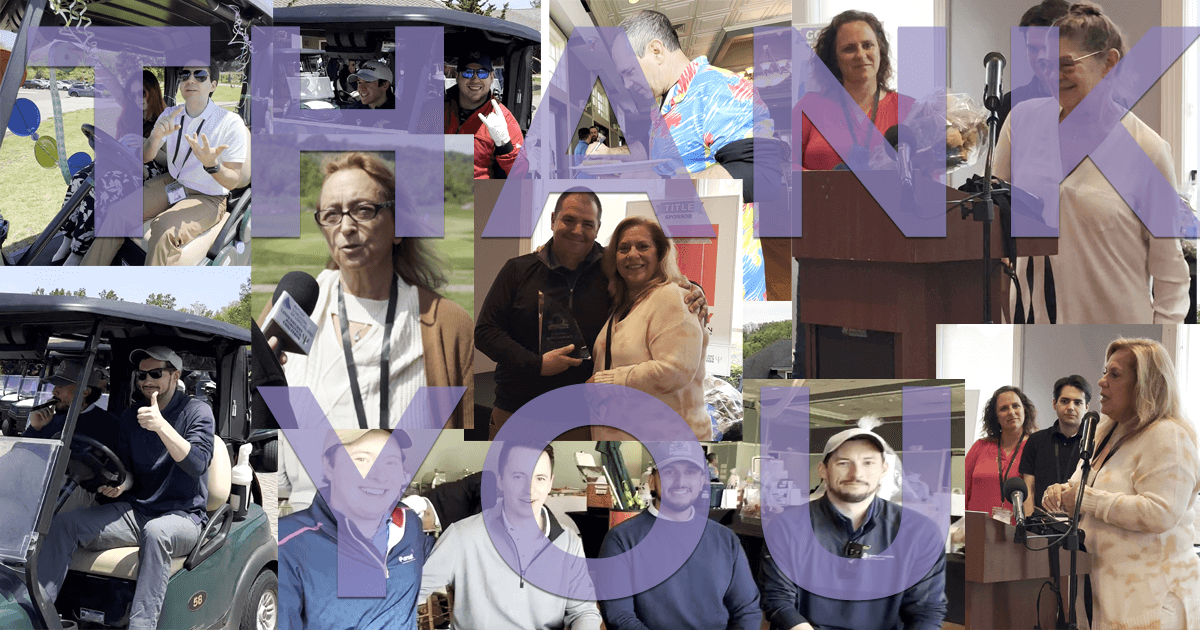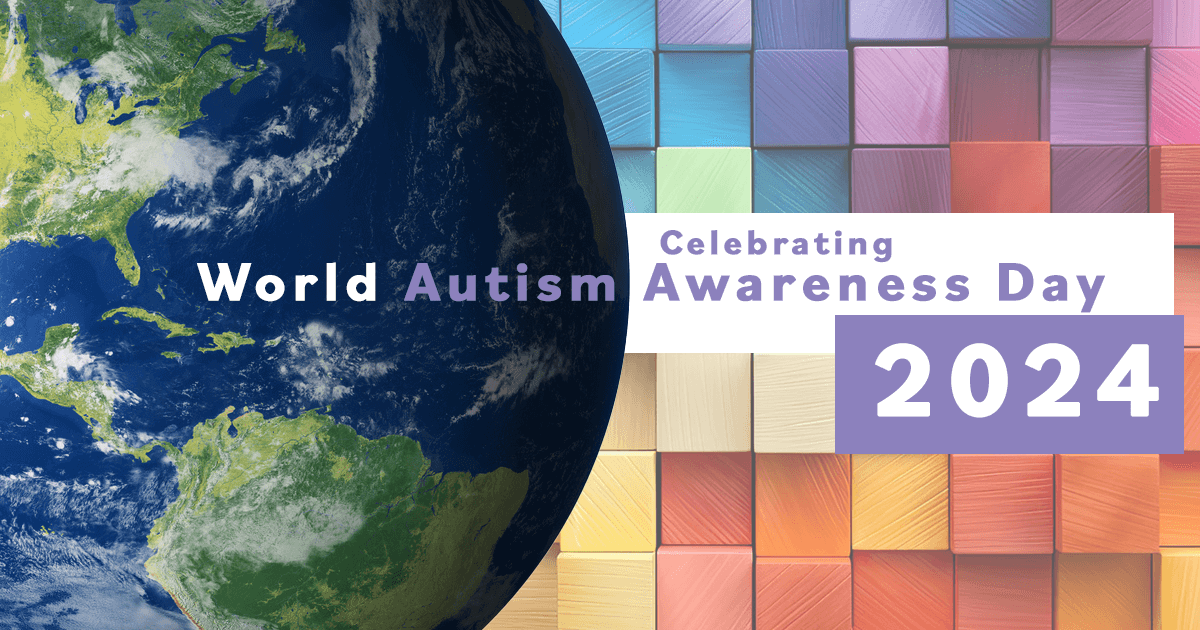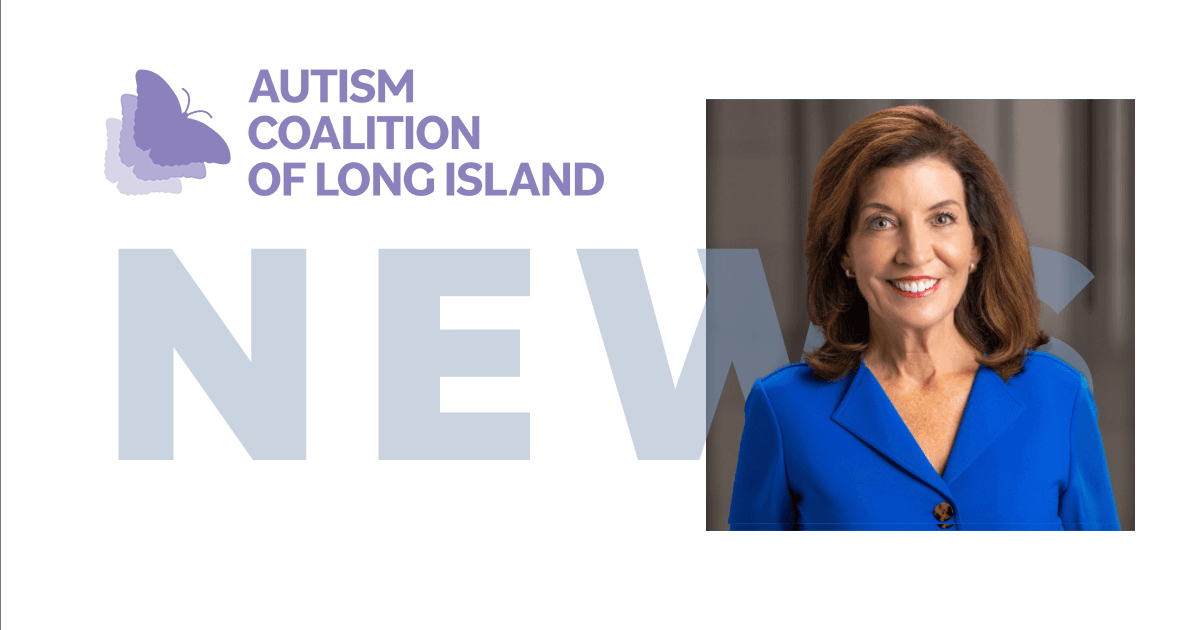From New York Civil Liberties Union:
More than 130,000 New Yorkers with intellectual and developmental disabilities live in group homes. These facilities are staffed 24-hours-a-day with workers who provide support and help meet the needs of the people who live there.
Group homes have been under-funded and under-staffed for years. Then coronavirus hit.
Almost 2,500 people with intellectual and developmental disabilities who live in group homes in New York have contracted COVID-19. Nearly 300 of them have died from the disease.
These numbers from the State Office for People with Developmental Disabilities are surely an undercount of the true impact of the virus. Only people with a positive test result for COVID-19 are counted, and testing is still in short supply.
A recent study found that residents in group homes and similar facilities in New York City are five times more likely to both catch COVID-19 and to die from it, compared to the general population.
For a variety of reasons, group homes are prime locations for the spread of the coronavirus. But unlike similar hotbeds for the disease like hospitals and nursing homes, New York State does not identify group homes as places that should get top priority for personal protective equipment (PPE). This unnecessarily puts the lives of a vulnerable and often overlooked population in danger.
In many group homes, up to 14 people with intellectual and developmental disabilities live in close proximity with one another. In these settings, staff provide intimate care for residents throughout the day, including physical assistance with washing, toileting, dressing, and eating. It is impossible for service providers to maintain six feet of separation from the people they are supporting.
These policies put individuals who live in group homes and their care providers at great risk for COVID-19.
Further, many people with intellectual and developmental disabilities can’t follow essential methods for avoiding contracting the disease, including thoroughly and frequently washing hands, and avoiding touching their faces and others.
State guidance makes clear that people in group homes should have access to surgical masks and other protective equipment to reduce the spread of the virus. Despite this, New York’s Emergency Management Offices across the state prioritize PPE supplies only to “health care providers and facilities that are providing direct patient care in inpatient settings” such as nursing homes.
Group homes are excluded from this definition and are not prioritized for receiving PPE. This is true even though thousands of people have gotten sick or died from COVID-19 in these facilities. These policies put individuals who live in group homes and their care providers at great risk for COVID-19.
Last month, Disability Rights New York filed a complaint against the state over this exclusion and the NYCLU followed shortly after with a letter in support of the complaint. The letter and the complaint argue that the state’s policy is not only reckless and discriminatory, but it also violates several federal and state laws, including the Americans with Disabilities Act.
After the complaint was filed, the New York City Department of Health broadened the list of priority facilities for PPE to include group homes. This is a good first step, but the state must require all Emergency Management Offices to do the same.
As we’ve seen, COVID-19 is especially rampant in facilities that house at-risk populations. This is every bit as true in group homes as it is in places like jails, prisons, homeless shelters, nursing homes, and psychiatric settings.
The sooner the state realizes this, the sooner lives will be saved.
Read More From: New York Civil Liberties Union
